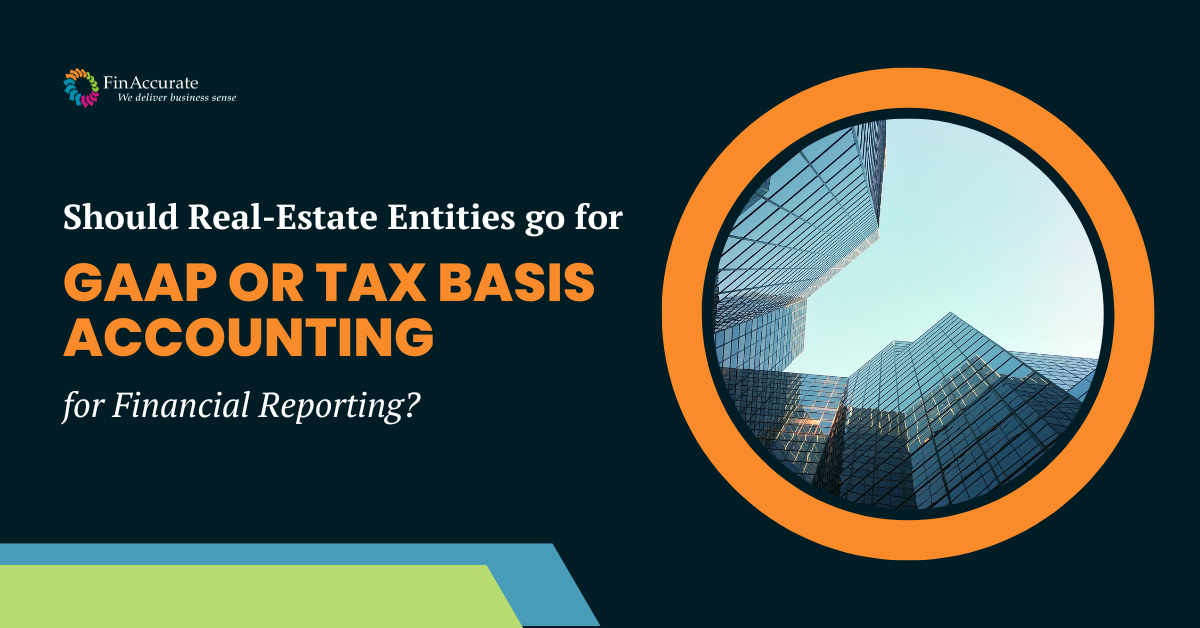Usually, higher income means higher and more complicated taxes. But this does not always have to be the case, with some tax-saving strategies for high-income earners.
The USA has a progressive tax system. Hence, the percentage of income spent as tax increases with an increase in income. This also means that your tax filings could get more complicated. A skilled accountant can help find tax-saving strategies for high-income earners.
Who are high-income earners?
Before learning about tax-saving strategies for high-income earners, one must know about the income divisions in the country.
Understanding economic classifications can be rather complex. People’s class can vary depending on factors such as inflation, employee resignations, and more. Hence, they keep changing with varying trends. For example, the COVID-19 pandemic changed many things about the economic class. Let’s take a look at a few statistics.
To be one of the country’s high-income earners, one needs to make at least six figures. Generally, a family of three with an income between $106,827 and $373,894 is considered a high-earner. Anybody making more than $373,894 is rich. The top 1% of the high earners make an average of $823,763 and the top 0.1% earn an average of $3,212,486. A person in the 0.1% category would have to pay about $1,230,596 as income tax. Thus, the importance of tax-saving strategies for high-income earners is clear.
How much does a person have to pay as an income tax?
The US has seven tax brackets – 10%, 12%, 22%, 24%, 32%, 35%, and 37%. For single filings, income from $164,926 to $209,425 falls under brackets of 32%. People with incomes from $209,426 to $523,600 fall in the 35% bracket. Single filings for over $523,601 come under the 37% bracket.
These federal tax brackets enable one to understand the need and types of tax-saving strategies for high-income earners.
The importance of tax planning for high-income earners
Tax rates vary depending on the trends in the economy. Tax planning can be one of the most essential elements of tax-saving strategies for high-income earners.
The top bracket of the income tax rates was once 92%. Presently, the top bracket could be raised to 39.6%. Such changes will occur over time. Tax planning can help you stay ahead of these changes and save money in the process.
Additionally, tax planning also helps in the smooth functioning of financial planning. You can channel your taxable income to various investment plans. For high-income earners, these factors are essential.
What are some of the tax-saving strategies for high-income earners?
Tax-saving strategies
You can reduce the amount of income taxes you pay through deductions, but there are other ways. Here are a few strategies:
Alter the nature of your income:
You can do this by making some changes to your portfolio assets, such as your business structure. As the owner of a business, you can maximize the use of employee benefits and health arrangements.
Convert IRA
Tax is traditionally Simple IRA (Savings Incentive Match Plan for Employees’ Individual Retirement Account). You can wield multiple benefits by converting this to a Roth IRA (a type of Individual Retirement Account where you contribute after-tax dollars). Your earnings will grow tax-free and you can withdraw them after you are 59-and-a-half years old, free of any penalties. Additionally, if you pass it on to your heirs, they can also withdraw it without paying any tax. This is one of the most efficient tax-saving strategies for high-income earners.
- Splitting the income: Moving investment earnings to family members who have lower marginal tax rates can help reduce the income tax on investment earnings. This is usually done through gift exclusions and loans.
- Hiring your children: If you hire a child that is over 18 years and can do administrative work, you can shift the tax burden to them. They will have lower tax rates. Of course, you must pay them a fair market-value salary.
- Investing in opportunity zones: This creates a tax deferral on the capital gain until the new investment is sold. Moreover, any income made over the original investment is not taxable.
- Investing in companies that pay dividends: Investing in companies that generate money for their stakeholders can benefit your taxes. Dividends are a type of long-term capital gain, and these are taxed at a much lower rate.
- Tax-efficient investments: Investing in resource-based industries can help reduce your net revenue. Invest in tax-efficient assets that can renew the costs they incur on you, thus acting as a tax-saving strategy for high-income earners.
- Selling inherited property: Doing this can help you save money on property taxes while maximizing your inheritance.
There are several other things that you can do, such as using a health savings account, paying your property taxes early, and more.
Keeping these points in mind can help you, but in the long term, the best thing you can do to find tax-saving strategies for high-income earners is to consult somebody skilled in this field. Fortunately, you do not have to look any further. FinAccurate is specialized in tax-saving strategies and has been working towards this for years.
We provide services for various clients, such as providing you with potential deductions, making projections of the taxes, calculating the estimated payments, and most importantly, helping you and answering any questions that you may have.
Give us a call or send us a mail to set up a session that is free of cost and obligations. Let’s work together for better planning and more savings!
JAY’s Choice:-
- Bookkeepers for small business
- 3 Ways to grow your bookkeeping business
- What are the challenges of the Budget session and solutions to improve it?
- How to identify and avoid problems in Bookkeeping
- 10 Types of Cloud-Based Accounting Services
- 10 Benefits of Outsourced Bookkeeping
- How to hire a top bookkeeper: a comprehensive guide
- 5-Ways Hiring A Bookkeeper Can Make Your Business More Profitable
- Bookkeeping For Non-profits
- Accounting Year-End Checklist for Your Small Business





